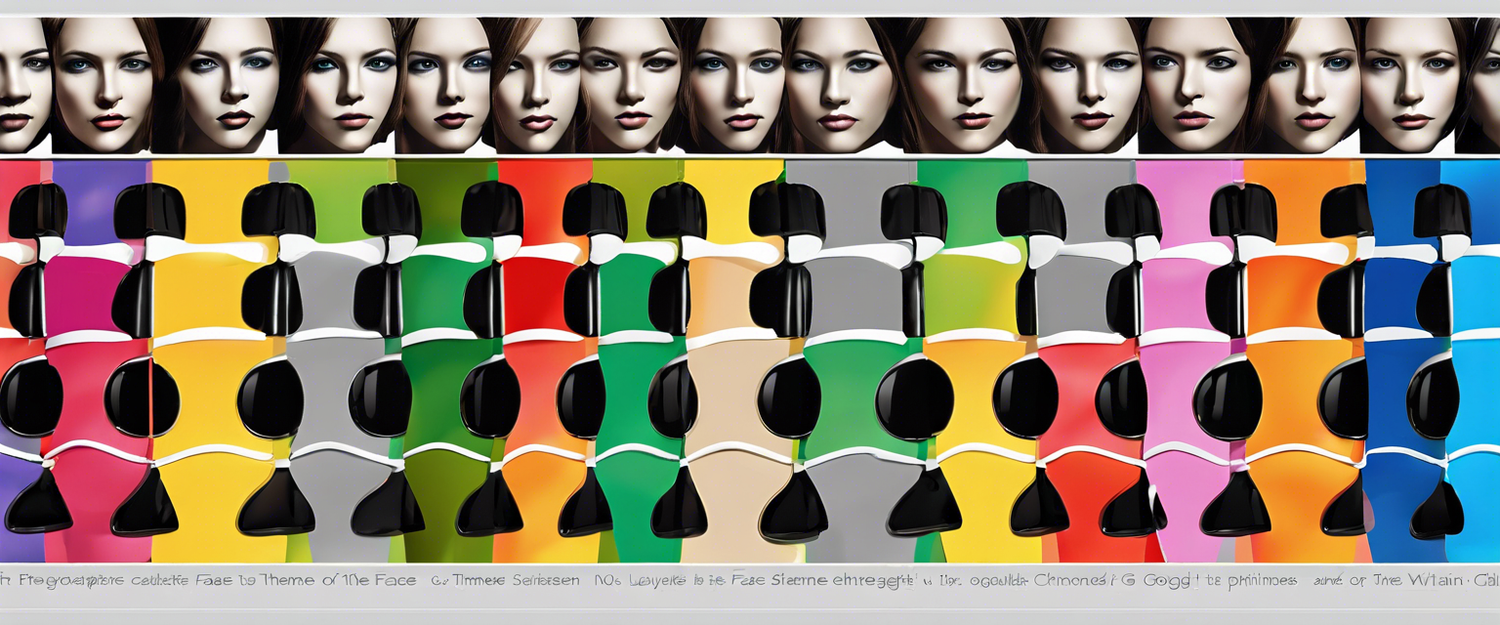Google Faces Class Action Lawsuit Over Data Collection Practices
In a significant legal development, Google is set to confront a class action lawsuit over allegations that it collected user data through its Chrome browser without obtaining the necessary consent. A federal appeals court overturned a previous ruling from December 2022, emphasizing the need to scrutinize Google's disclosures to determine if users reasonably understood their consent regarding data collection.
The Origins of the Lawsuit
The class action suit was initially filed in 2020, claiming that Google gathered data from Chrome users indiscriminately, irrespective of whether they had enabled Chrome Sync. This feature is designed to save users' bookmarks, passwords, open tabs, and other browsing data into their Google accounts, enabling easy access across multiple devices.
Allegations Against Google
The plaintiffs argue that Chrome intentionally and unlawfully transmitted browsing histories, IP addresses, persistent cookie identifiers, and unique browser identifiers to Google without explicit user permission. Initially, Google defended its actions by stating that users implicitly consented to data collection by agreeing to its privacy policy.
Judicial Opinions
Federal Judge Yvonne Gonalez Rogers sided with Google in her dismissal of the case, affirming that the company had adequately disclosed its data collection practices and that the plaintiffs had consented. However, her decision was challenged by Judge Milan D. Smith, Jr., who noted that the original analysis overlooked whether users genuinely understood the implications of the privacy agreement.
Concerns About User Understanding
Judge Smith expressed concerns regarding Google's general privacy disclosures, highlighting that the company had marketed Chrome with the implication that certain information would not be sent to Google unless the user activated Chrome Sync. This raises questions about whether users were truly informed about how their data would be utilized.
Google's Response
In response to the ruling, Google spokesperson José Castañeda asserted confidence in their position, stating, "We disagree with this ruling and are confident the facts of the case are on our side. Chrome Sync helps people use Chrome seamlessly across their different devices and has clear privacy controls." He emphasized that the company would soon no longer require users to activate Chrome Sync to access saved information, although he noted that this change was unrelated to the ongoing litigation.
Implications for Users and Data Privacy
This lawsuit underscores the growing concerns over data privacy and user consent in the digital age. As more users become aware of how their personal data is handled, transparency from tech giants like Google is becoming increasingly crucial. Individuals must stay informed about data collection practices and the functionalities of the tools they use.
What Users Can Do
- Review Privacy Policies: Users should regularly review the privacy policies of the services and applications they use to understand what data is being collected and how it is utilized.
- Adjust Privacy Settings: Take advantage of the privacy settings provided in browsers and other tools to maintain control over personal information.
- Stay Informed: Follow updates in major lawsuits and data privacy regulations to understand the implications for user privacy.
The Future of Data Privacy
The outcome of this lawsuit could set a important precedent for how tech companies handle user data and the level of consent required from users moving forward. It remains to be seen how this legal battle will unfold and what it will mean for data privacy practices in the digital world.



Leave a comment
All comments are moderated before being published.
Trang web này được bảo vệ bằng hCaptcha. Ngoài ra, cũng áp dụng Chính sách quyền riêng tư và Điều khoản dịch vụ của hCaptcha.